proud
/proud/
adjective
- feeling deep pleasure or satisfaction as a result of one’s own achievements, qualities, or possessions or those of someone with whom one is closely associated.
I am proud.
I am proud to lead a center for conscious living that boldly, regularly, beautifully and LOUDLY celebrates the spectrum of gender identity and sexual orientation that exists within the human experience. Bodhi Center does not merely tolerate or accept people, but rather we celebrate ALL of you—exactly as you are—whole and holy. Since our inception, we have enthusiastically asserted that QUEER IS PERFECT.
In January of 1988 my uncle, Bill Rossiter, died of AIDS. I remember crawling in bed with him as he was dying. I was 9. He had lesions all over his disappearing body. He was an incredible human being that was leaving his body too soon. In the short nine years we shared, he left a seismic impression on me. He devoted his life to truth. He devoted his life to justice. As a forensic psychologist in Los Angeles he devoted his career to prison reform and destigmatizing mental health.
My family was nothing but proud of him. He came out in 1976 and realized he was positive ten years later. My grandmother fiercely confronted the church, her social circles, and her entire family demanding that her son be honored and appreciated for ALL of him. She was passionate, devoted, and relentless.
A few years later when I was 13, my mom and dad ended their 22 year marriage and my mom moved in with her new partner, a woman. I lived in an affluent, white suburb of Chicago. And for me, it sucked. I was taunted at school and tokenized in my community. People demanded clarity. They asked with an accusing snicker if my mom was a “lesbian” or “bi-sexual.” The imposition of inquiry and their insatiable desire to label, to interrogate, to qualify, to justify her humanity was exhausting and presumptuous.
Today, my mom would identify as pansexual.
pan·sex·u·al
/panˈsekSH(əw)əl/
adjective
- not limited in sexual choice with regard to biological sex, gender, or gender identity.
In the summer of 1992 my mom took me to my first Pride parade. The best way I knew to manage my new family identity was to follow my grandmother’s lead and become a fierce and PROUD voice. That afternoon, at the parade, I was awkwardly interviewed by MTV’s Kurt Loder on the rooftop of Sidetrack (a popular gay bar in Chicago). By 1994, as a junior, I created a week long series of programming at my high school that invited curiosity through conversation around LGBTQ+ related topics and I haven’t stopped advocating for equality since.
Meanwhile, my dad moved out of our house and into an apartment in the city. I swiftly joined him for a reprieve from the oppressing sameness of the suburbs. My obsession with hip-hop, truth, and justice led me to a deep inquisition of spiritual institutions and religious dogma. As a teenage girl, I was clear that my mother’s identity was deeply problematic in the Catholic church. As a newly divorced mom in relationship with a woman, the church and the suburbs did not know what to do with us.
In 2005 I discovered Bodhi Center. I was a single mom looking for a spiritual community that had to include a handful of core values:
- The ability to honor a diversity of spiritual paths
- An honest narrative of the history of race in America
- Leadership who celebrated the LGBTQ+ community
- Powerful women in influential and critical positions
- Unwavering support of a woman’s right to choose
I found all of those things at Bodhi Center, and have been all in ever since.
And today, 42 years since my uncle Bill came out and 26 years since I attended my first Pride parade, I am more PROUD and more FREE than ever. Queer is perfect.

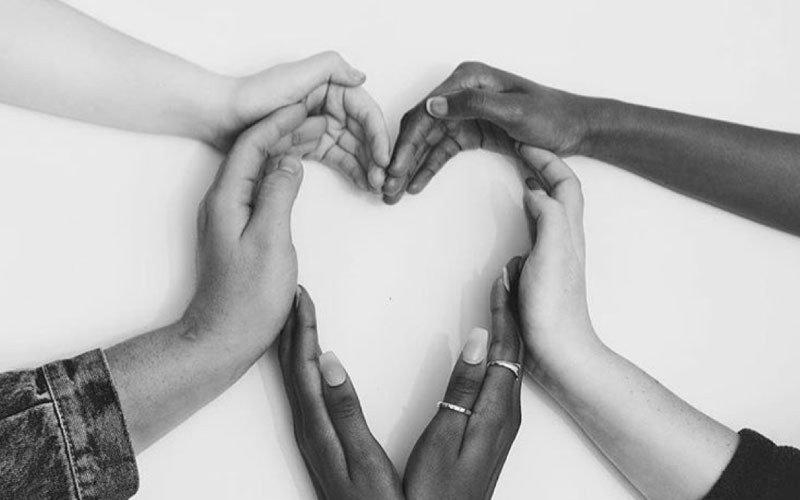
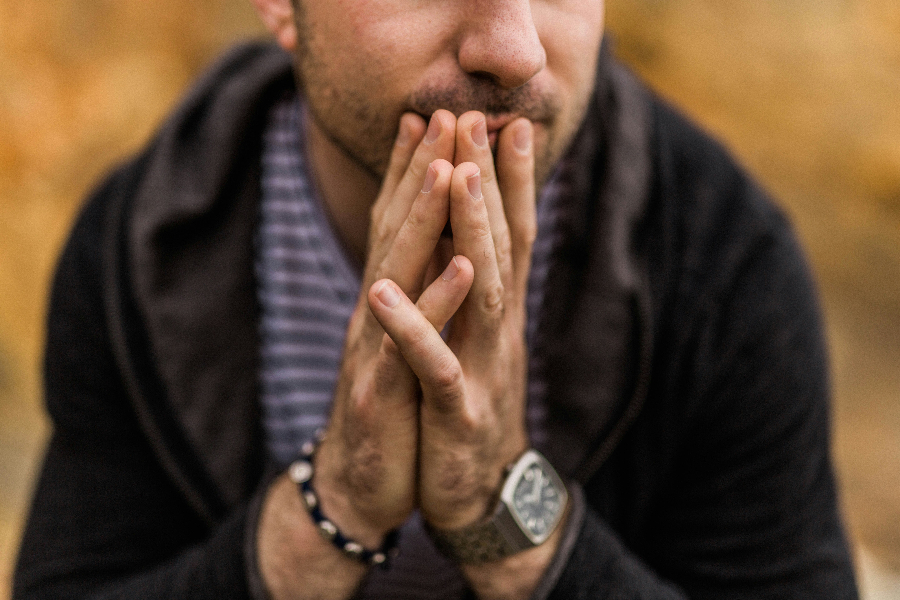
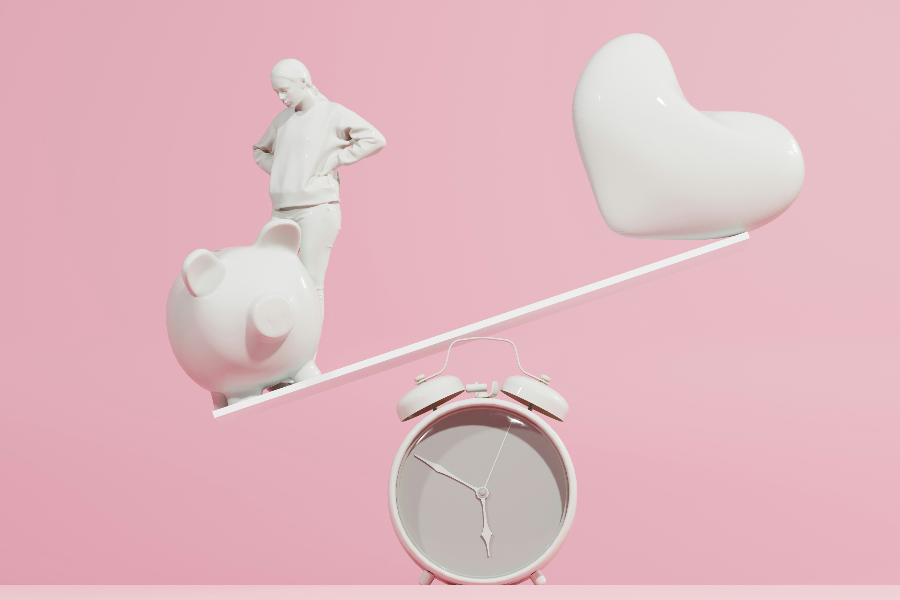
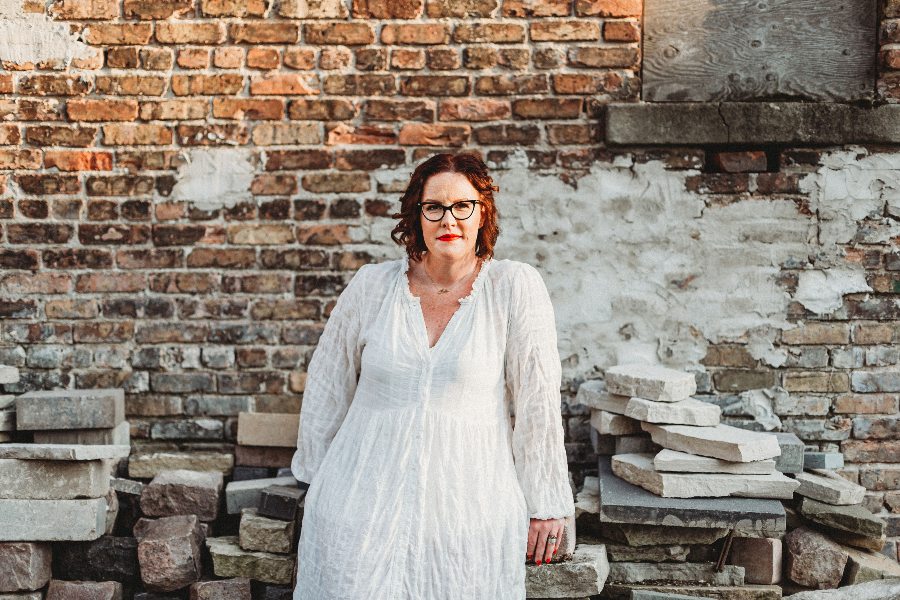
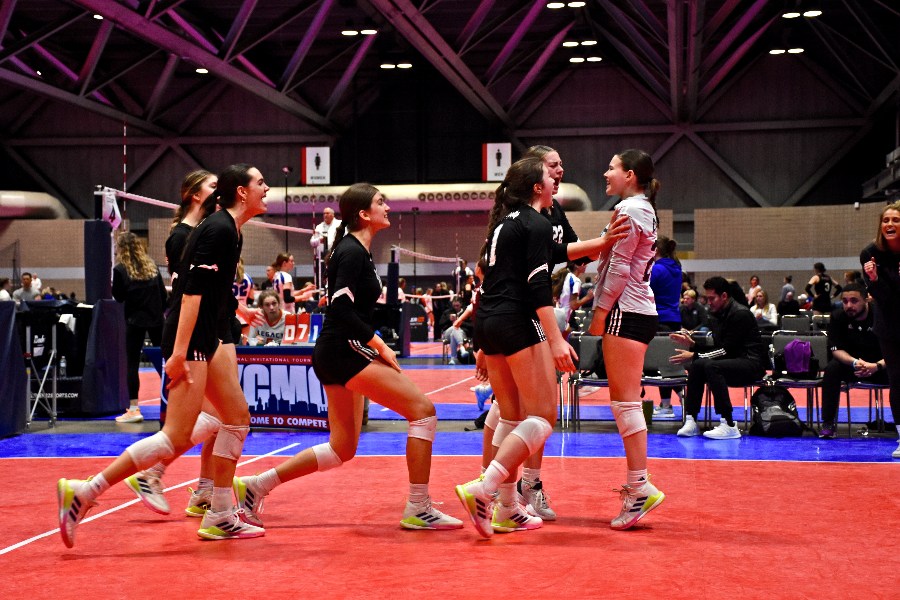
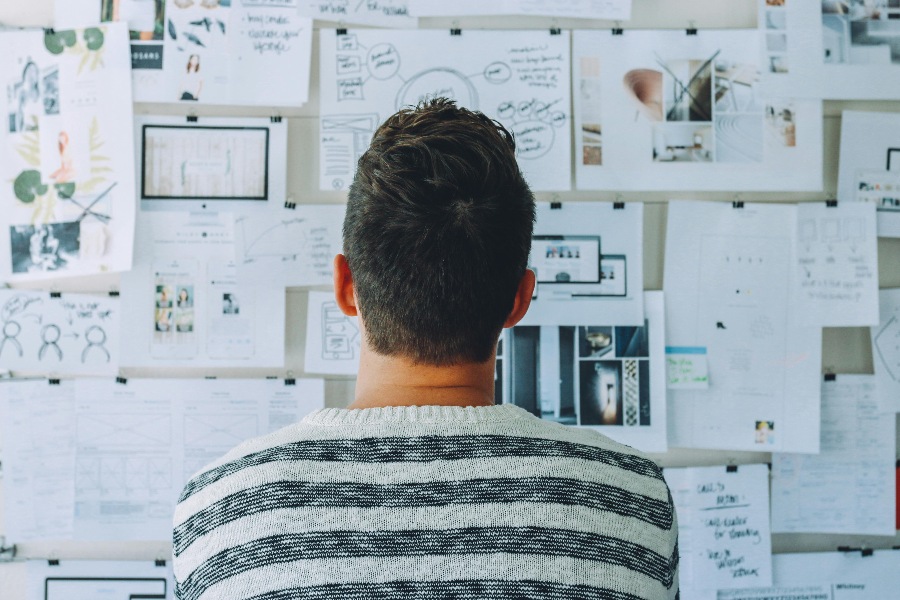
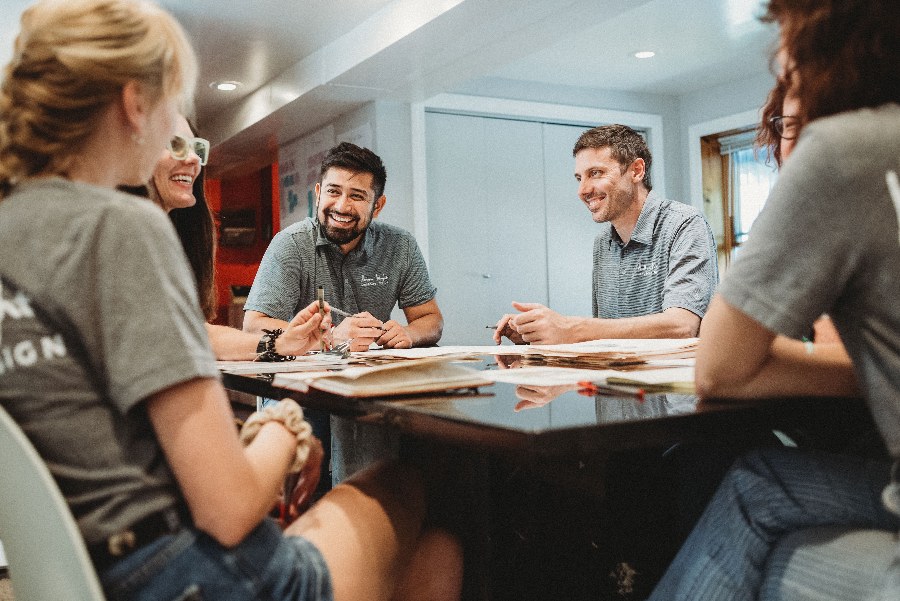
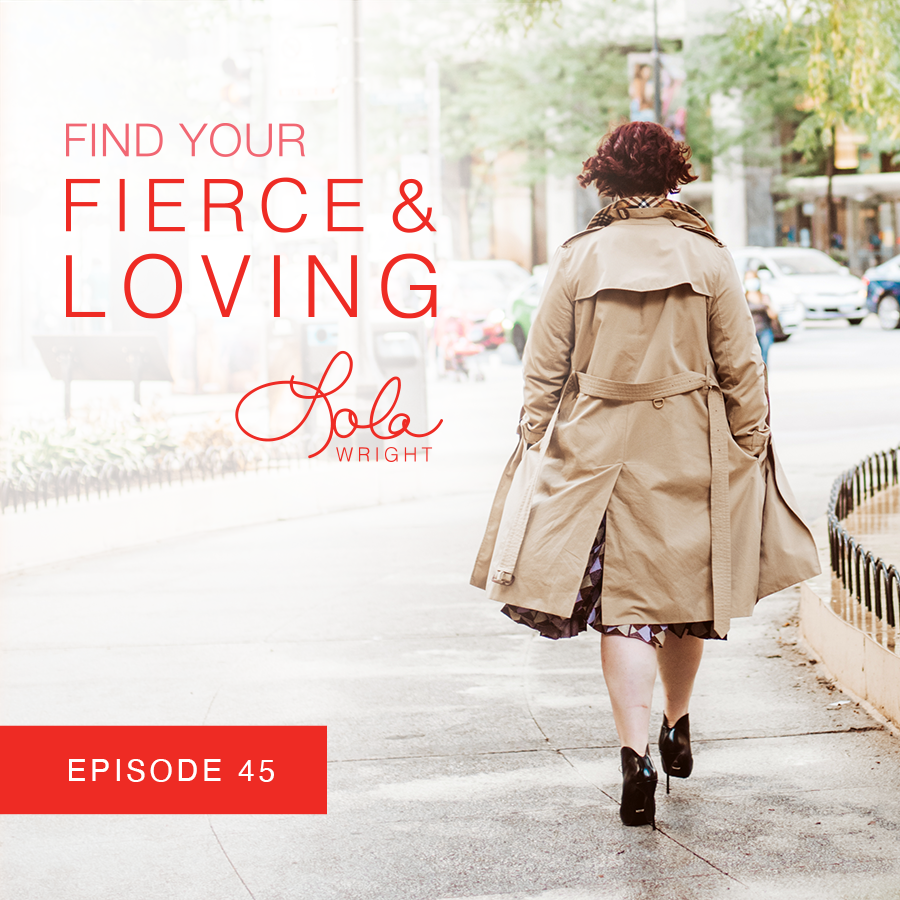
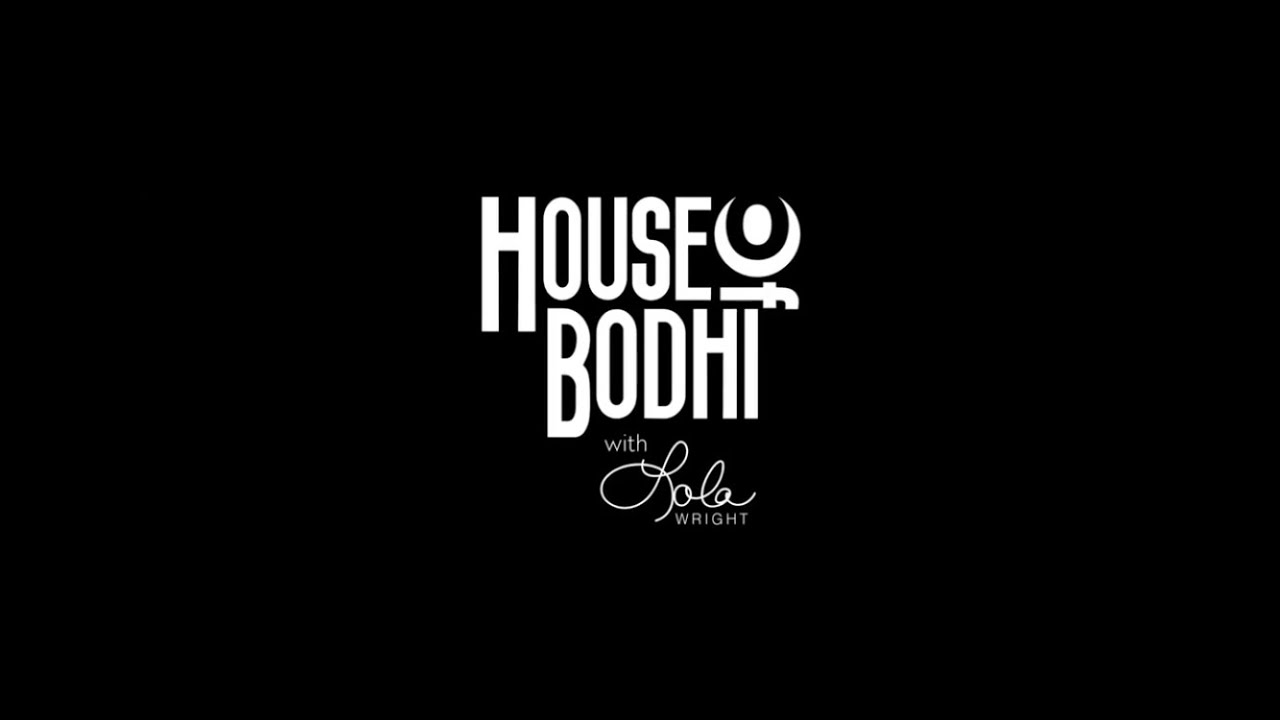
[…] Read Lola’s entire post here. […]